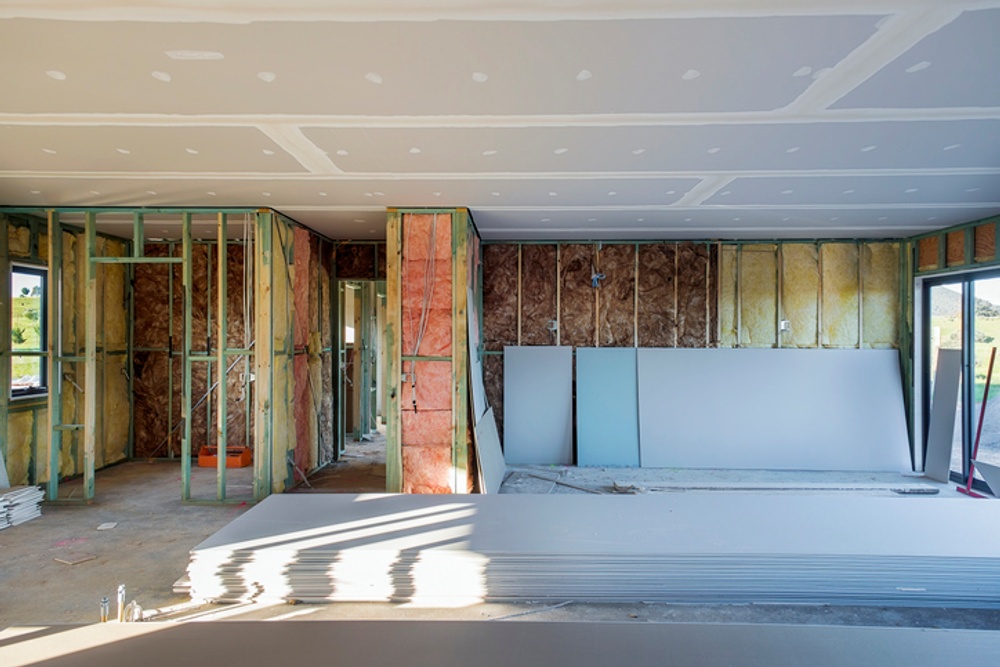Master Builders Victoria released a statement on 10 November 2021 regarding the changes to the building code currently being considered by the Victorian Government. Concerns have been raised by the industry that these changes are being pushed through and do not address the concerns of builders and construction workers, as well as those of homebuyers.
Changes Targeting Accessibility and Energy Efficiency
The 2022 update of the National Construction Code, planned to take effect in September next year, has been designed to improve the accessibility and energy efficiency of newly built homes.
The Livable Housing Design Guidelines silver standards will ensure basic accessibility features in all newly constructed homes and apartments, including step free entry, step free showers, ground level accessible toilets, and space for grab rail installation.
The changes also commit to raising efficiency standards for new homes, including increasing building efficiency from 6 to 7 stars and strengthening standards for appliances such as heating and cooling, hot water and lighting.
The updates were welcomed by the Victorian Building Authority in May, with VBA’s Chief Executive Officer Sue Eddy commenting on the changes. “This is a much-needed step forward both in Victoria and nationwide, allowing consumers a greater choice of where they live and easier access to support within buildings.”
Concerns with Accessible Housing
MBV have rejected the proposed changes related to raising accessibility standards, commenting that the rules would add additional costs for home builders.
“MBV believes that the accessible housing requirements should remain voluntary and not mandated in the 2022 NCC,” said MBV CEO Rebecca Casson. MBV have expressed concerns that other provisions in the National Construction Code would be compromised by the new changes.
“If these changes go ahead, we want to see a clear transitional period where training can be delivered, time for display homes to be built and increased homebuyer options. The Victorian Government also needs to invest time and resources into developing and delivering an effective consumer and industry awareness campaign,” Ms Casson said. “There also needs to be further consideration of exemptions, possible trial periods to demonstrate the changes in-situ, and consideration of affordability in accommodating these changes.”

Concerns with Energy Efficiency
The move to change all homes from 6 stars to 7 stars in energy efficiency will have a significant impact on building costs. “The changes will mean higher glazing requirements, increased ceiling and wall insulation, stricter provisions for heating, air-conditioning and hot water systems – all of which will mean home buyers ultimately bear the cost,” Ms Casson said.
MBV are concerned that the costs of these changes outweigh any potential energy saving benefits and that the scheme has not been properly thought through.
Additionally, they have raised concerns that the new rules will cause a significant risk of increased condensation and mould through the more air-tight homes. Mould can be extremely damaging to the structural integrity of a building, as well as to the health of occupants.
“It’s vital that these changes are carefully considered as neither the Government, industry nor consumers wish to experience any unintended consequences like those experienced with cladding,” Ms Casson said.